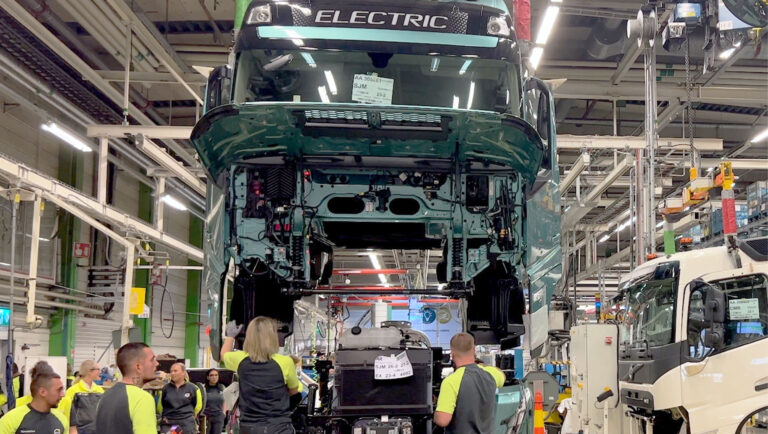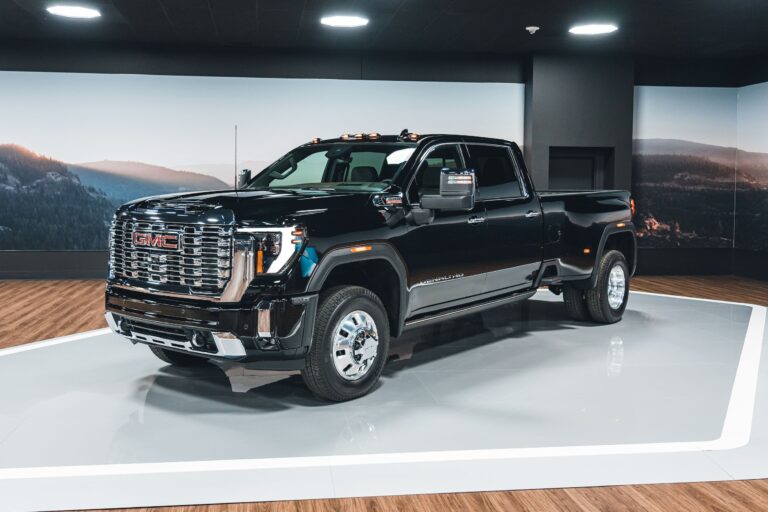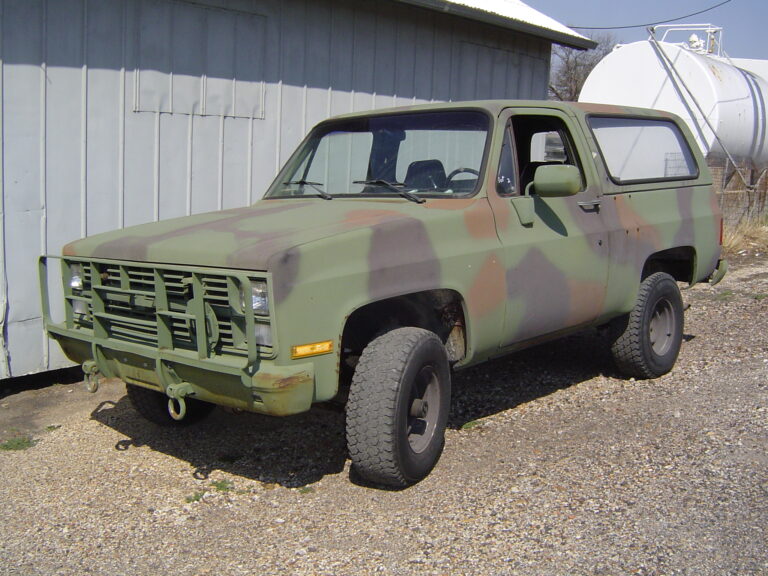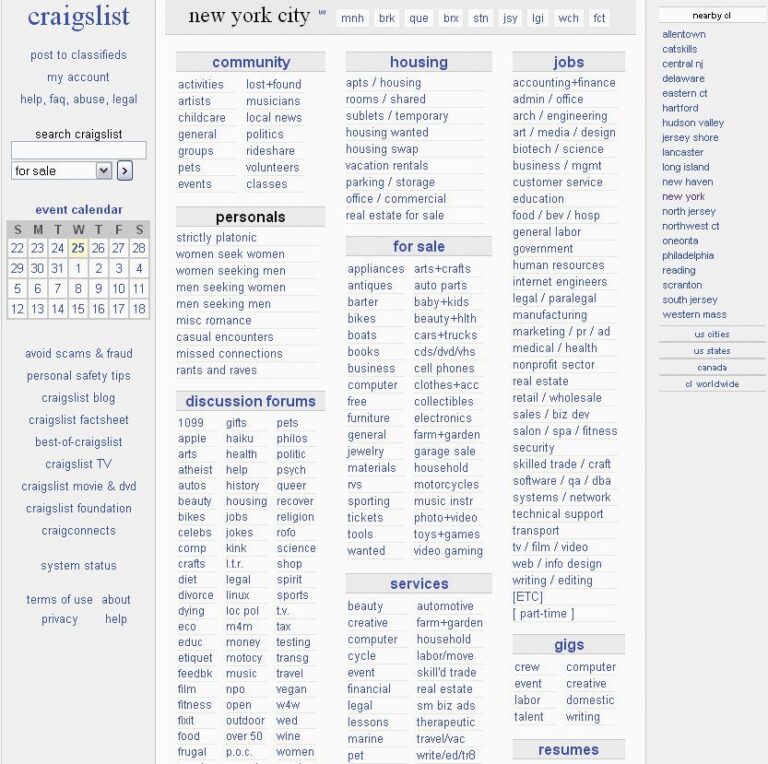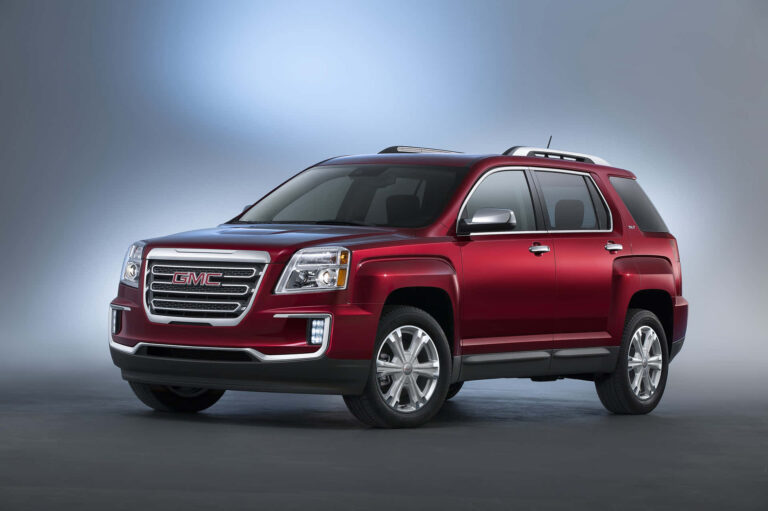New Hybrid Trucks For Sale: A Comprehensive Buyer’s Guide
New Hybrid Trucks For Sale: A Comprehensive Buyer’s Guide cars.truckstrend.com
The automotive landscape is undergoing a profound transformation, and nowhere is this more evident than in the burgeoning market for trucks. As fuel prices fluctuate and environmental consciousness grows, a new breed of vehicle is capturing the attention of consumers and businesses alike: the hybrid truck. Far from being a niche offering, new hybrid trucks for sale represent a significant leap forward, blending the robust capability of traditional pickups with the efficiency and reduced emissions of electric powertrains.
This comprehensive guide delves into everything you need to know about new hybrid trucks for sale, from understanding their technology to navigating the buying process, ensuring you’re well-equipped to make an informed decision in this exciting new era of trucking.
New Hybrid Trucks For Sale: A Comprehensive Buyer’s Guide
Understanding the Hybrid Truck Landscape
At its core, a hybrid truck combines an internal combustion engine (ICE) with an electric motor and a battery pack. This synergistic combination allows the vehicle to optimize power delivery and fuel consumption in ways a traditional gasoline or diesel truck cannot. When exploring new hybrid trucks for sale, it’s crucial to understand the different types of hybrid systems available:
- Mild Hybrids (MHEV): These systems use a small electric motor to assist the gasoline engine, primarily for functions like engine start-stop, providing a slight boost during acceleration, and capturing energy through regenerative braking. They cannot drive on electric power alone for any significant distance but offer notable fuel economy improvements over conventional counterparts. Examples include the Ram 1500 eTorque and some Ford F-150 models.
- Full Hybrids (FHEV): Featuring a more powerful electric motor and a larger battery, full hybrids can operate solely on electric power for short distances at low speeds, such as during stop-and-go traffic or parking maneuvers. They also leverage regenerative braking more effectively. The Ford F-150 PowerBoost and Toyota Tundra i-FORCE MAX are prime examples in this category, offering impressive fuel economy and power.
- Plug-in Hybrid Electric Vehicles (PHEV): While less common in the current truck market, PHEVs represent the next step. They boast even larger batteries and can be plugged into an external power source for charging, allowing for a significant all-electric driving range before the gasoline engine kicks in. This offers the best of both worlds: zero-emission commuting for shorter trips and the range of a gasoline vehicle for longer hauls.
The evolution of these technologies means that new hybrid trucks for sale are no longer just about saving fuel; they’re about delivering enhanced performance, versatile power solutions, and a quieter, more refined driving experience, all while contributing to a greener footprint.

Key Benefits of Owning a New Hybrid Truck
The decision to invest in new hybrid trucks for sale comes with a compelling list of advantages that extend beyond just environmental responsibility.
- Superior Fuel Efficiency: This is often the primary motivator. By leveraging electric power during less efficient phases of driving (like acceleration from a stop or low-speed cruising), hybrid trucks significantly reduce fuel consumption compared to their pure gasoline counterparts. This translates directly into lower operating costs over the vehicle’s lifespan.
- Reduced Emissions: With better fuel economy comes a reduction in harmful greenhouse gas emissions. For environmentally conscious buyers or businesses aiming for a greener fleet, new hybrid trucks for sale offer a tangible way to lower your carbon footprint.
- Enhanced Performance and Power: The electric motor provides instant torque, which can fill in power gaps of the gasoline engine, leading to smoother acceleration and improved low-end grunt, especially useful for towing and hauling. Systems like Ford’s Pro Power Onboard in the F-150 PowerBoost also turn the truck into a mobile generator, offering significant utility for work sites or recreational activities.
- Potential Tax Incentives and Rebates: Depending on your region, purchasing new hybrid trucks for sale may qualify you for federal, state, or local tax credits, rebates, or other incentives, further reducing the effective purchase price.
- Quieter Operation: At low speeds or during electric-only operation (for full hybrids), these trucks are remarkably quiet, enhancing the driving experience and reducing noise pollution.
- Potentially Higher Resale Value: As demand for efficient and environmentally friendly vehicles grows, hybrid trucks are likely to retain their value well, making them a smart long-term investment.

![]()
Important Considerations Before Your Purchase
When evaluating new hybrid trucks for sale, a thoughtful approach to your specific needs and priorities is essential.
- Budget and Total Cost of Ownership: While new hybrid trucks for sale might have a slightly higher upfront MSRP than equivalent gasoline models, factor in the long-term fuel savings, potential incentives, and potentially lower maintenance costs (due to less strain on the ICE). Calculate the estimated total cost of ownership over several years.
- Intended Use and Capabilities: Assess your primary use case. Do you need maximum towing and payload capacity, or is daily commuting and light hauling more common? Verify that the hybrid truck’s specifications (e.g., maximum tow rating, bed size, payload) meet your requirements. While hybrids generally match or exceed ICE counterparts in capability, it’s crucial to confirm.
- Fuel Economy Ratings (EPA Estimates): Pay close attention to the EPA’s estimated MPG for combined, city, and highway driving. Real-world mileage can vary based on driving habits, terrain, and load, but these ratings provide a good comparative baseline.
- Battery Warranty and Lifespan: The battery pack is a critical and potentially expensive component. Most manufacturers offer extensive warranties on hybrid components, often 8 years/100,000 miles or more. Understand the terms and expected lifespan of the battery.
- Charging Infrastructure (for PHEVs): If considering a plug-in hybrid truck, evaluate your home charging options. While they can still operate on gasoline, maximizing the electric range requires convenient access to charging.
- Maintenance and Servicing: Hybrid systems introduce new components, but modern dealerships are well-equipped and technicians are trained to service them. Generally, maintenance schedules are similar to conventional vehicles, with added checks for the hybrid system.
Navigating the Purchase Process: Tips for Buyers
Finding the right among the new hybrid trucks for sale involves a structured approach to research and buying.
- Extensive Research: Begin by identifying models that fit your criteria (e.g., light-duty, full-size). Read professional reviews, watch video comparisons, and explore owner forums to get a comprehensive understanding of different hybrid truck offerings.
- Test Drive Multiple Models: Hands-on experience is invaluable. Test drive your top choices on various road conditions, including highways, city streets, and if possible, with a small load or trailer (if towing is a priority). Pay attention to acceleration, braking (especially regenerative braking feel), cabin noise, and overall comfort.
- Understand and Maximize Incentives: Research federal tax credits (which can change), state-specific rebates, and local programs for buying clean vehicles. Your dealership should be able to provide information, but it’s wise to verify with official government sources.
- Explore Financing Options: Compare interest rates and terms from various lenders, including dealer financing, banks, and credit unions. Some manufacturers or financial institutions might offer special rates for fuel-efficient or green vehicles.
- Negotiate Smartly: Treat the purchase of a hybrid truck like any other significant vehicle purchase. Research the fair market price, be prepared to negotiate on the MSRP, and be clear about any trade-in value.
- Verify Dealership Expertise: Choose a dealership with a strong reputation and service department experienced in hybrid vehicle maintenance. Ask about their hybrid-trained technicians and parts availability.
Potential Challenges and Solutions
While new hybrid trucks for sale offer numerous advantages, it’s also important to be aware of potential challenges.
- Higher Upfront Cost: As mentioned, hybrid models can sometimes carry a higher sticker price than their conventional counterparts.
- Solution: Offset this with long-term fuel savings, lower running costs, and take advantage of any available tax credits or incentives. The total cost of ownership often evens out or favors the hybrid over time.
- Limited Model Availability: While growing rapidly, the selection of hybrid truck models is still smaller than traditional gasoline trucks.
- Solution: Patience and flexibility. Manufacturers are rapidly expanding their hybrid offerings. Keep an eye on upcoming releases and consider a wider range of brands.
- Battery Replacement Cost (Long-Term): The prospect of eventually replacing a battery pack can be daunting.
- Solution: Modern hybrid batteries are designed to last the lifetime of the vehicle, often exceeding 150,000-200,000 miles. They come with extensive warranties (typically 8-10 years or 100,000-150,000 miles), providing peace of mind. Moreover, replacement costs are decreasing as technology advances.
- Perceived Maintenance Complexity: Some buyers worry about the complexity of hybrid systems.
- Solution: While hybrid systems are more intricate, they often place less strain on the gasoline engine and traditional braking components (due to regenerative braking). Modern service centers are equipped and trained to handle hybrid vehicles, and many maintenance items are similar to conventional trucks.
New Hybrid Trucks For Sale: Illustrative Price and Feature Table
Please note: The prices below are illustrative starting MSRP ranges for base hybrid trims and can vary significantly based on model year, trim level, options, region, and current market conditions. Always consult official manufacturer websites and local dealerships for the most accurate and up-to-date pricing.
| Model (Example) | Hybrid Type | Starting MSRP Range (Approx.) | Key Hybrid Benefit(s) | Est. Combined MPG (Approx.) | Typical Towing Capacity (lbs) |
|---|---|---|---|---|---|
| Ford F-150 PowerBoost | Full Hybrid | $50,000 – $75,000+ | Pro Power Onboard (Mobile Generator), High Torque | 24 MPG | 11,000 – 12,700 |
| Toyota Tundra i-FORCE MAX | Full Hybrid | $55,000 – $80,000+ | Robust Power & Torque, Smooth Delivery | 20 MPG | 10,000 – 12,000 |
| Ram 1500 eTorque | Mild Hybrid | $40,000 – $70,000+ | Improved Fuel Economy, Smooth Stop/Start | 20 – 23 MPG | 7,500 – 12,750 |
| Chevy Silverado (Future/Concept) | Full Hybrid/PHEV | $50,000 – $85,000+ | (Anticipated) Efficiency & Power Blend | TBD | TBD |
Prices are estimates for base hybrid models and do not include destination fees, taxes, or optional equipment. Actual prices will vary.
Frequently Asked Questions (FAQ) About New Hybrid Trucks For Sale
Q1: Are new hybrid trucks for sale more expensive to maintain than gasoline trucks?
A1: Not necessarily. While hybrid systems have unique components, many conventional parts experience less wear (e.g., brake pads last longer due to regenerative braking). Overall maintenance costs are often comparable, and in some cases, can be lower due to reduced strain on the gasoline engine.
Q2: How long do hybrid truck batteries last?
A2: Modern hybrid batteries are designed for longevity, typically lasting 150,000 to 200,000 miles or more. Manufacturers usually provide extensive warranties, often 8-10 years or 100,000-150,000 miles, providing excellent coverage.
Q3: Can new hybrid trucks for sale tow and haul as much as traditional gasoline trucks?
A3: Absolutely. Many new hybrid trucks offer comparable or even superior towing and hauling capacities to their gasoline-only counterparts, thanks to the instant torque provided by the electric motor. Always check the specific model’s published towing and payload ratings.
Q4: What’s the main difference between a mild hybrid and a full hybrid truck?
A4: A mild hybrid assists the gasoline engine but cannot power the vehicle solely on electricity. A full hybrid, conversely, can drive for short distances at low speeds using only electric power, offering greater fuel efficiency in stop-and-go traffic.
Q5: Are there tax credits or incentives for buying new hybrid trucks for sale?
A5: Yes, there can be. Federal tax credits, state rebates, and local incentives often apply to new hybrid and electric vehicles. These incentives can change, so it’s crucial to research the most current programs available in your region.
Q6: Is it worth buying a new hybrid truck?
A6: For many buyers, yes. The long-term fuel savings, reduced environmental impact, enhanced performance, and potential incentives make new hybrid trucks for sale a compelling and smart investment, especially for those who put a lot of miles on their vehicle or value sustainability.
Conclusion
The market for new hybrid trucks for sale is rapidly expanding, offering a compelling blend of power, efficiency, and environmental responsibility. From the rugged utility of the Ford F-150 PowerBoost to the refined capability of the Toyota Tundra i-FORCE MAX, these vehicles are redefining what a pickup truck can be. By understanding the different hybrid technologies, weighing the myriad benefits against practical considerations, and approaching the purchase process with informed diligence, buyers can confidently navigate this exciting segment.
New hybrid trucks for sale are not just a temporary trend; they represent a significant step towards a more sustainable and efficient future for the automotive industry. For those seeking a vehicle that combines robust capability with modern innovation and a lighter footprint, a new hybrid truck is undoubtedly a powerful and practical choice.
![]()
